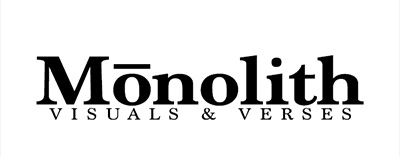Philip Roth first achieved prominence in 1959 with the publication of Goodbye, Columbus and Five Short Stories, for which he won the National Book Award. Delineating the conflict between traditional and contemporary morals as manifested in a young, Jewish American man’s search for identity, the title novella revived an enduring controversy (which had begun two years earlier with Roth’s first New Yorker story) over whether his satirical treatment of Jewish themes constituted anti- Semitism. That controversy reached a fever pitch with his novel Portnoy’s Complaint, which created a sensation in 1969 because of its explicit recounting of a young lawyer’s sexual autobiography, consisting largely of compulsive attempts to free himself from the strict confines of his Jewish upbringing through incessant masturbation and sexual conquest. Since then, Roth’s output has ranged from wild comedy and political satire to examinations of his role as a writer and son and metafictional explorations of the relationship between art and life, fiction and reality, imagination and fact; or, as he has put it, the “relationship between the written and the unwritten world.” In an interview with Mervyn Rothstein for the New York Times (August 1, 1985), Roth identified his primary theme as “the tension between license and restraint, . . . a struggle between the hunger for personal liberty and the forces of inhibition.”
In their late 50s and 60s, some novelists begin to rest on their laurels, but Philip Roth instead produced some of his best works. Among these were the memoir Patrimony (1991), Operation Shylock: A Confession (1993), and Sabbath’s Theater (1995), which won the National Book Award for fiction. Roth’s trilogy of modern American life began in 1997 with American Pastoral, which covers the Vietnam era; continued in 1998 with I Married a Communist, a look at the Red Scare of the 1950s; and concluded in 2000 with The Human Stain, a critique of America’s obsession with moralizing and political correctness. For American Pastoral he earned the Pulitzer Prize in 1998. Over the next decade Roth’s published works included The Dying Animal (2001), The Plot Against America (2004), Everyman (2006), Exit Ghost (2007), and Indignation (2008).
Foto di Michael Dziedzic
This website uses cookies to improve your experience while you navigate through the website. Out of these cookies, the cookies that are categorized as necessary are stored on your browser as they are essential for the working of basic functionalities of the website. We also use third-party cookies that help us analyze and understand how you use this website. These cookies will be stored in your browser only with your consent. You also have the option to opt-out of these cookies. But opting out of some of these cookies may have an effect on your browsing experience.
Necessary cookies are absolutely essential for the website to function properly. This category only includes cookies that ensures basic functionalities and security features of the website. These cookies do not store any personal information.
Any cookies that may not be particularly necessary for the website to function and is used specifically to collect user personal data via analytics, ads, other embedded contents are termed as non-necessary cookies. It is mandatory to procure user consent prior to running these cookies on your website.
